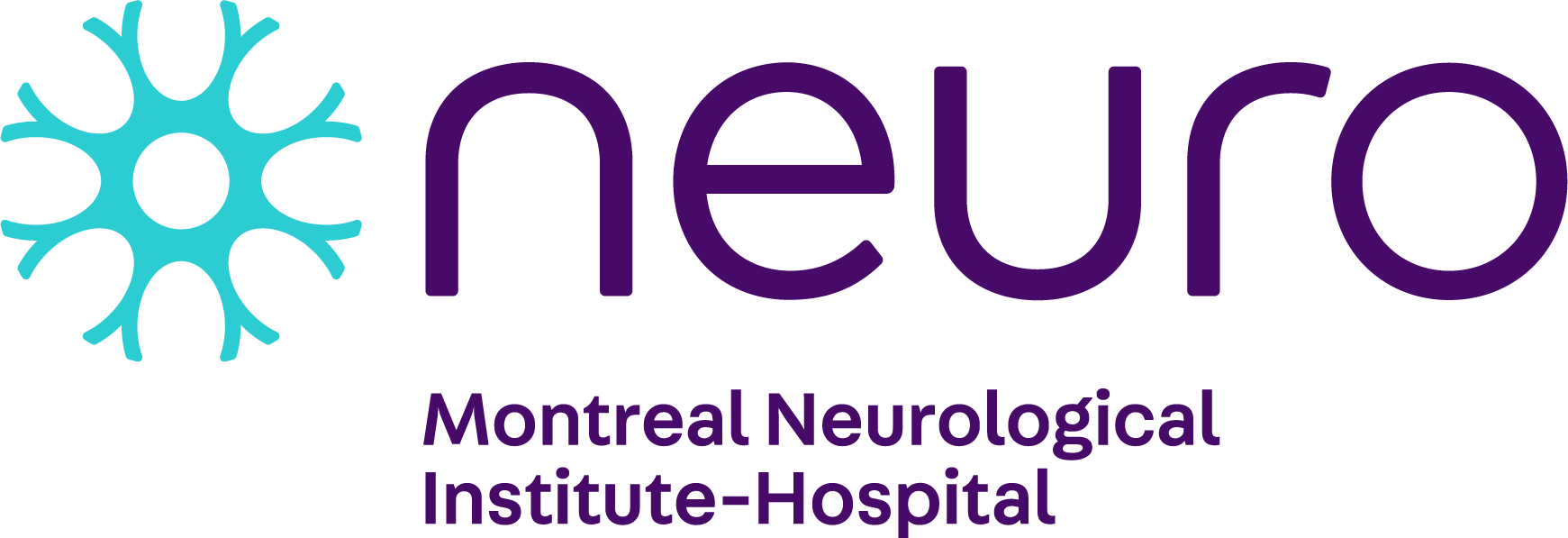In 2011, Nuala Summerfield and her husband Rafe Garvin from the United Kingdom were told that their nine-month-old daughter Ophelia had Schinzel-Giedion Syndrome, a very rare genetic disorder. Characterized by multiple congenital malformations, severe intellectual disability, developmental delay, seizures, and visual or hearing impairment, individuals with SGS need round-the-clock care. Ophelia is one of only around 100 identified cases of SGS world-wide. Most people with SGS do not live past childhood. There are no effective treatments.
Summerfield founded the to support families, raise awareness, and foster research. Four years ago, in search of scientists to partner with, they found Carl Ernst, PhD, a researcher at The Neuro specializing in rare disease, including genetic variation associated with neurodevelopmental disorders. Since then they have been collaborating on SGS research, with Summerfield acting as the official patient representative for some of Ernst’s significant research grants.
Recently, the family travelled to Montreal for the first time and met Ernst in person at The Neuro. They discussed mutations in SETBP1, the gene responsible for SGS. And while on site, they donated blood to The Neuro’s Open Biobank.
The Neuro’s Open Biobank is an unprecedented collection of data from patients with neurological diseases aimed at enabling more effective research. Because Schinzel-Giedion Syndrome is so rare, it’s important people with the disease and their families donate samples so scientists can work towards developing meaningful treatments.
“Aggregated patient data is essential in research into rare disease,” says Ernst. “We need the Open Biobank to do this research well.”
And The Neuro’s Open Science initiative means that contributing to the biobank helps not only Neuro researchers, but researchers around the globe.
For Summerfield and her family, giving to the biobank was a way to contribute to research into SGS not just for Ophelia, but for the community of children and their families around the world living with this disease.
“Families of children with rare disease are so keen to be involved in the research, they really want to support it,” she says. “It gives them hope that a therapy might be discovered which would allow their children to have a better quality of life”.
To learn more about donating samples to the Open Biobank, visit: /neuro/research/open-biobank/participants




